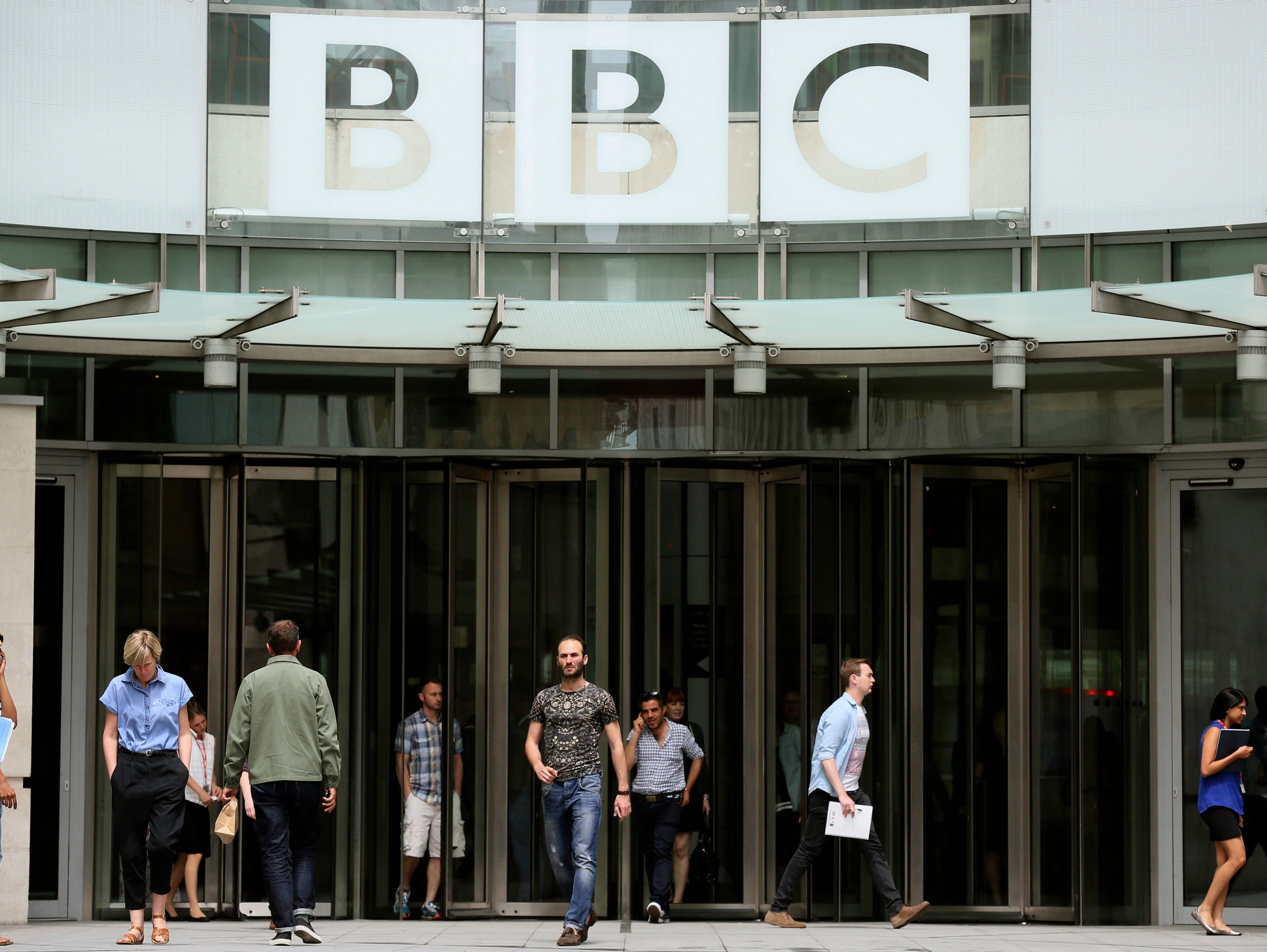
Union reps have warned that BBC newsrooms across the country could go on strike after “anger and frustration” at issues including pay and terms and conditions in staff contracts.
The National Union of Journalists said it had seen “brisk” recruitment to its ranks from BBC employees due to the strength of feeling over issues including the gender pay row, which it said has made women “very angry”.
The NUJ, Unite and BECTU unions have been negotiating with the BBC for more than a year over staff terms and conditions, including sick pay, minimum salary, London weighting and salary progression.
However the negotiations are taking longer than anticipated and NUJ officials have accused the BBC of not providing “meaningful information” to assist the unions taking part.
Pierre Vicary, chair of the Broadcasting Industrial Council, told the NUJ delegate meeting over the weekend that it was almost “crunch time” over terms and conditions.
Vicary, who was elected the NUJ’s new vice president on Saturday, told delegates: “National strikes could be on their way. No way will we accept the crock of shit the management is forcing down the throat of members.”
A BBC spokesperson said: “Working together with our joint unions (including the NUJ), we presented proposals to staff in June 2017.
“Since then, we and the joint unions have been taking feedback from employees/members and we have negotiated many changes to the original proposals.
“Some issues still remain which we continue to discuss and hope to reach agreement shortly.”
Seamus Dooley, NUJ assistant general secretary, told Press Gazette the NUJ delegate meeting featured a “passionate” debate over the BBC.
He said: “We have not moved on significantly in many areas [since terms and conditions negotiations began]. That puts the level of frustration of our representatives in context.
“We entered into negotiations in good faith and they are enormously slow. At this stage our reps are frustrated and they are concerned and I think there is a fear that because it has taken so long that management may attempt to enforce changes.”
Vicary also told the delegate meeting that the BBC, which is facing £80m in cuts across its news division alone, was dying a “death of a thousand cuts”.
Delegates agreed that the NUJ’s national executive council should campaign against cuts in staffing and training and the “constant salami-slicing” – reducing the BBC’s size in a series of small ways.
Dooley described Vicary’s threat of a national strike as a “warning shot” to the BBC.
“There is no timeframe but what we are saying is there is an urgency now on the part of the BBC. We can’t keep dancing round the mulberry bush – we need to get progress.
“It’s a major undertaking, the review of terms and conditions, and the scale of what’s being proposed was always going to be difficult and it was always going to take time but we will not be frustrated into submission by the BBC.
“If they want meaningful negotiations they have to provide more meaningful information and they have to enter into the process.”
A BBC source, who asked to remain anonymous, told Press Gazette there was “no immediate threat” of a strike.
However, the source emphasised the level of anger and frustration within journalists at the corporation, and said the BBC had “possibly underestimated the strength of feeling”.
“It’s reflecting that there is a lot of frustration at the lack of progress that’s being made on a lot of fronts, whether that’s terms and conditions, pay… and there’s a lot of heat over equal pay and presenters going onto personal service contracts,” they said.
BBC presenters and some other staff said they had been pressured by the corporation to set up personal service companies to help save it millions by not having to pay National Insurance contributions.
HM Revenue and Customs is currently investigating claims that more than 100 BBC presenters have not paid the proper amount of tax.
Meanwhile, since journalist Carrie Gracie accused the BBC of a “secretive and illegal” pay culture in an open resignation letter from her role as China editor in January, the BBC Women group has called for management to correct “all unequal pay decisions it has made for decades”.
An insider previously told Press Gazette the BBC could face “hundreds” of equal pay claims from staff, with a “huge number” from the news division.
The Digital, Culture, Media and Sport Committee is currently holding an inquiry into BBC pay, encompassing equal pay and the use of personal service companies.
The BBC source added: “There are a lot of issues going on at the moment and there is a lot of anger in the newsroom and in the buildings. There is a lot of frustration on all of those issues. Pierre was just reflecting what the mood is across the BBC, not just in London.”
Picture: Reuters/Paul Hackett
Email pged@pressgazette.co.uk to point out mistakes, provide story tips or send in a letter for publication on our "Letters Page" blog
